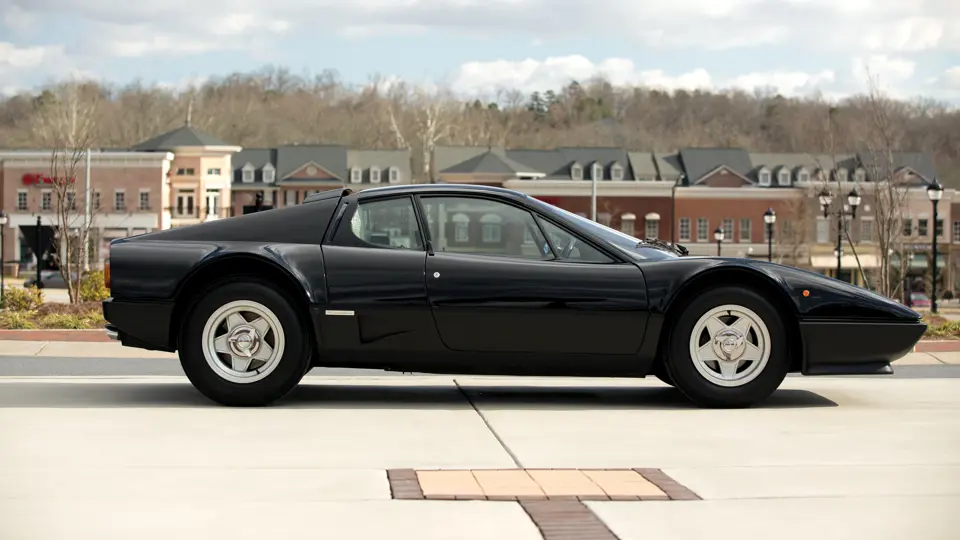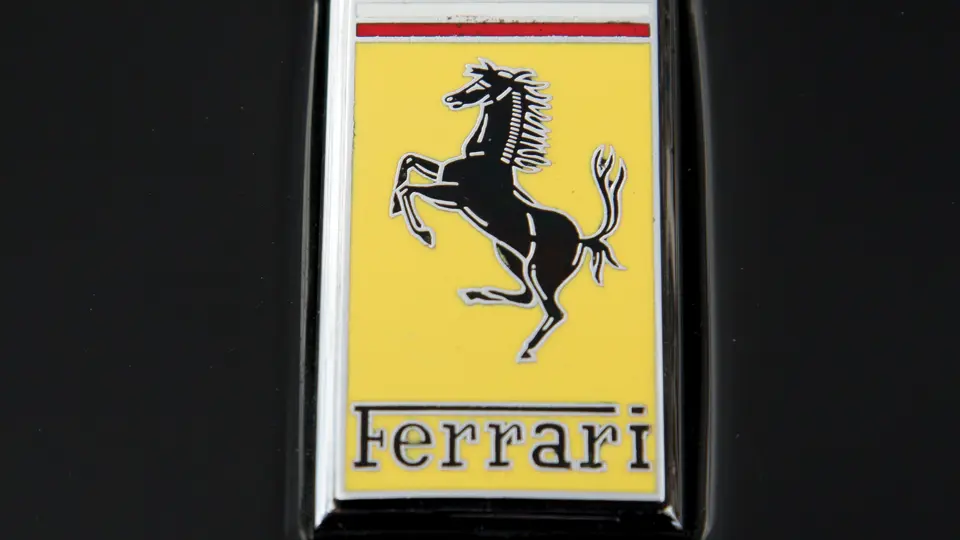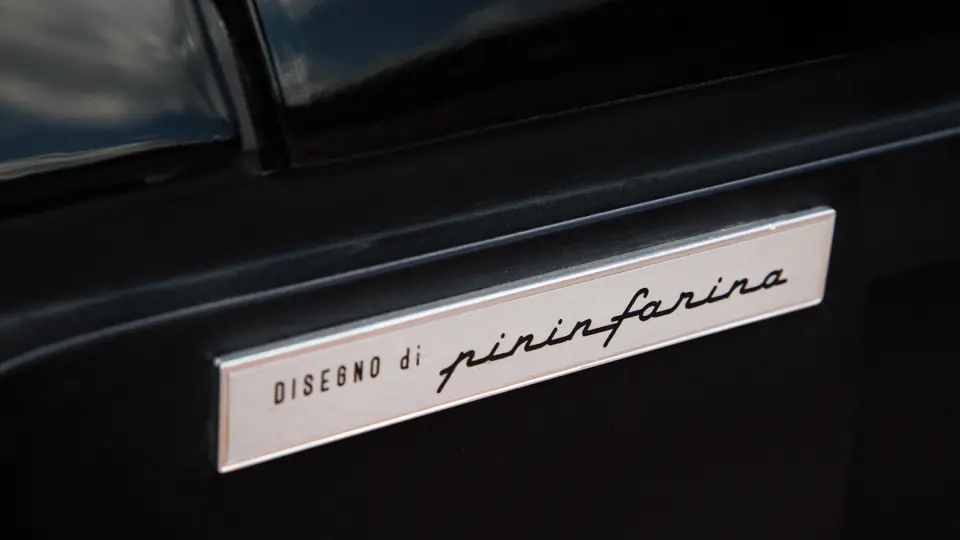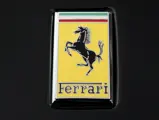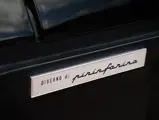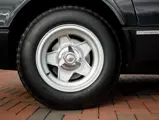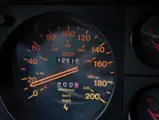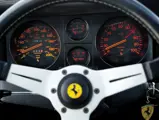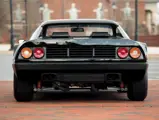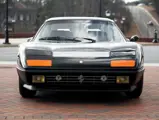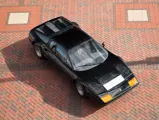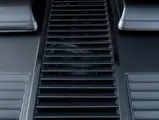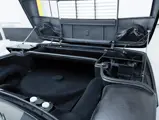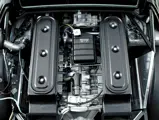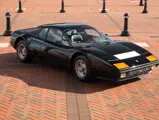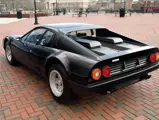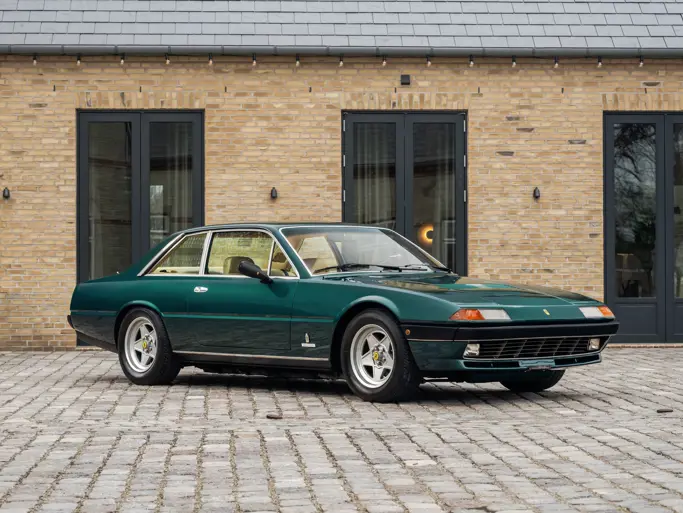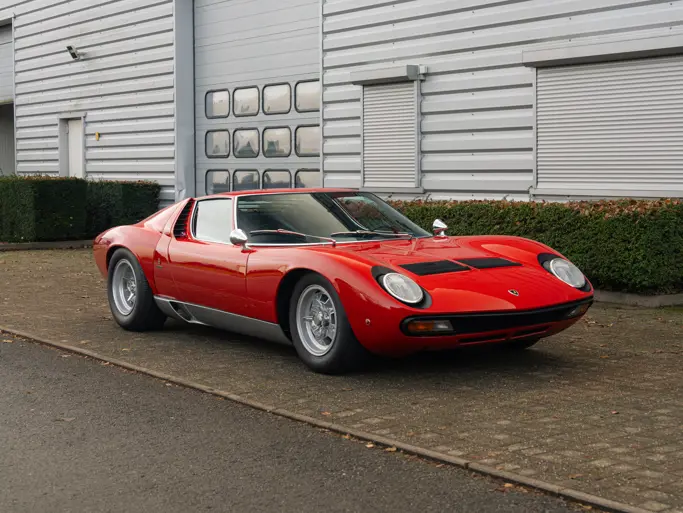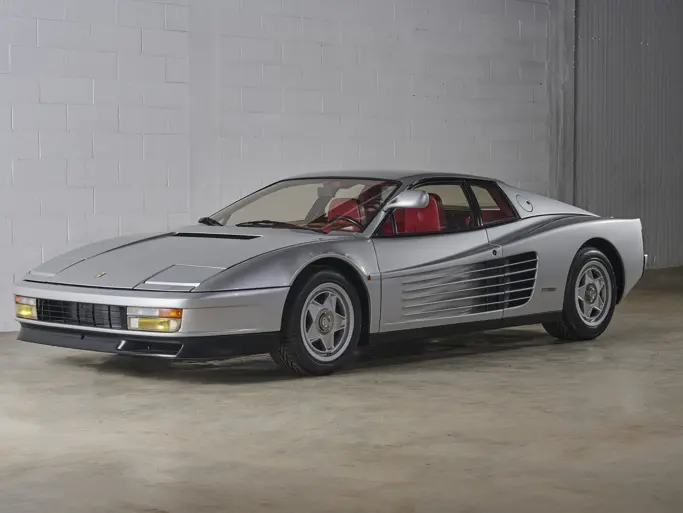360 bhp, 4,942 cc DOHC horizontally opposed 12-cylinder engine with four Weber triple-barrel carburetors, five-speed manual transaxle, front and rear unequal length A-arm suspension with coil springs and anti-roll bars, and four-wheel disc brakes. Wheelbase: 98.4 in.
Ferrari’s newest 12-cylinder offering was introduced in 1971 at the Turin Salon, and it would be a major departure from the 365 GTB/4 “Daytona” that came before it, as its engine was mounted just aft of the passenger compartment rather than in front, in an effort to directly challenge the show-stopping Lamborghini Miura, the vehicle that had started the mid-engined supercar trend in the late 1960s. At that time, the 365 GT4 BB was the fastest road car Ferrari had ever built, and it proved to be a serious challenger to the talented upstart from Sant’Agata.
However, less than 400 examples of the 365 GT4 BB would be constructed between 1973 and 1976, before production transitioned to its successor, the 512 BB. The 512 was updated to be more livable than the car that preceded it, but it also offered improved performance. The car was powered by a larger 4.9-liter, flat 12-cylinder engine with dry-sump lubrication, which was mated to a five-speed manual transmission. The 512 BB also boasted a higher compression ratio, while also retaining the four triple-barrel Weber carburetors of its predecessor. Wider rear tires allowed for better grip, thanks to an expanded rear track. This gave the 512 BB a 0–100 km/h time in the mid-five-second range and a top speed of over 280 km/h. Not only was the 512 BB more than a match for the Lamborghini Miura, it also compared quite favorably with the new Countach.
In terms of cosmetics, Pininfarina utilized strikingly similar styling to the 365 GT4 BB, but it was fitted a lower chin spoiler at the nose and NACA ducts on the sides to cool the car’s exhaust system. Most notably, the triple taillight arrangement seen on the 365 GT4 BB was simplified to twin taillights. Sadly, none of these vehicles would be destined for the American market, as Enzo Ferrari himself believed that his most groundbreaking car should not be detuned to comply with the notorious and ever more stringent emissions standards mandated by the federal government. Nevertheless, many 512 BBs were imported through the grey market and certified for the American market.
This 1980 example is finished in its original color combination of Nero Daytona over Nero, and it has recently undergone a concours-level restoration by Ferrari specialists, who finished it to an incredible standard. Absolutely no stone was left unturned to ensure that this 512 BB is one of the best examples of its kind. Both the engine and transmission were removed and fully rebuilt, with the correct components utilized throughout, and the car’s timing belt was replaced. The suspension was also completely rebuilt with correct OEM bushings and components. The interior and dashboard were removed from the car and completely reupholstered in correct Nero leather throughout. The instruments were also rebuilt and recalibrated. Finally, new and correct Cromadora wheels and air intakes were fitted as a final touch.
After taking Gold in its class at the 2015 Cavallino Classic, the car was shipped to esteemed concours judge Ted Rutland for a complete review. No expense was spared and anything that was found not to be concours-acceptable was remedied. Receipts for all work will be on file. Additionally, the car is accompanied by all its correct and original books and a complete set of tools in their proper tool kit. In total, over $85,000 of work was spent on this 512 BB to bring it to such incredible condition and an excruciating level of factory-correctness.
With less than 1,000 carbureted 512 BBs introduced before production transitioned to the fuel-injected 512 BBi in 1982, this variant is cherished by many enthusiasts as the most potent Berlinetta Boxer that money can buy.
This rare black-on-black example is surely one of the best examples of its kind. Following its recent concours-level restoration, it needs nothing and would certainly stand tall in any Ferrari collection.




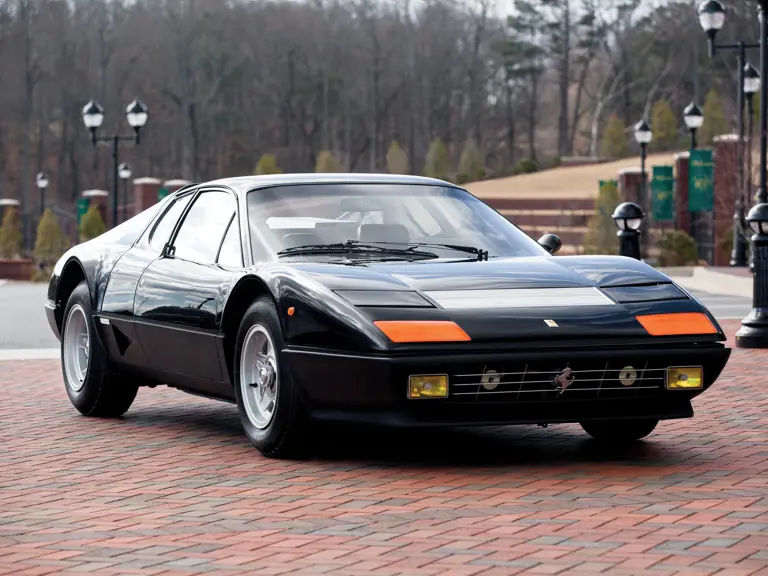
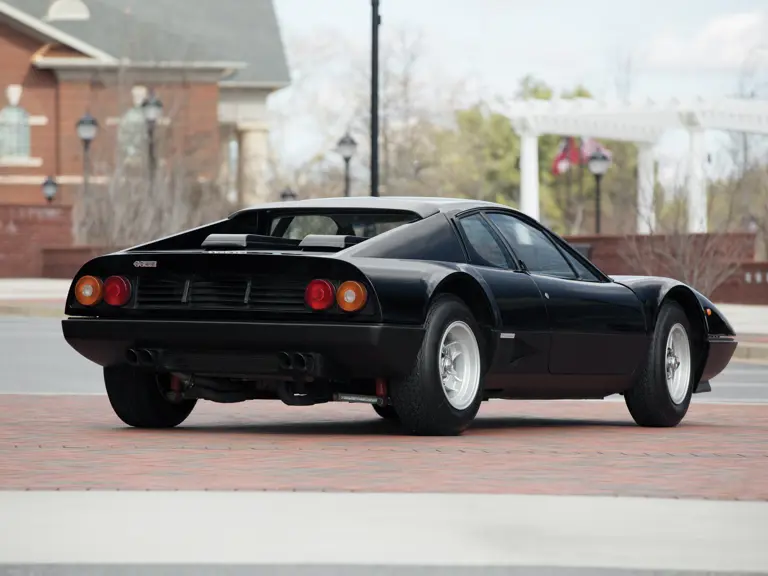
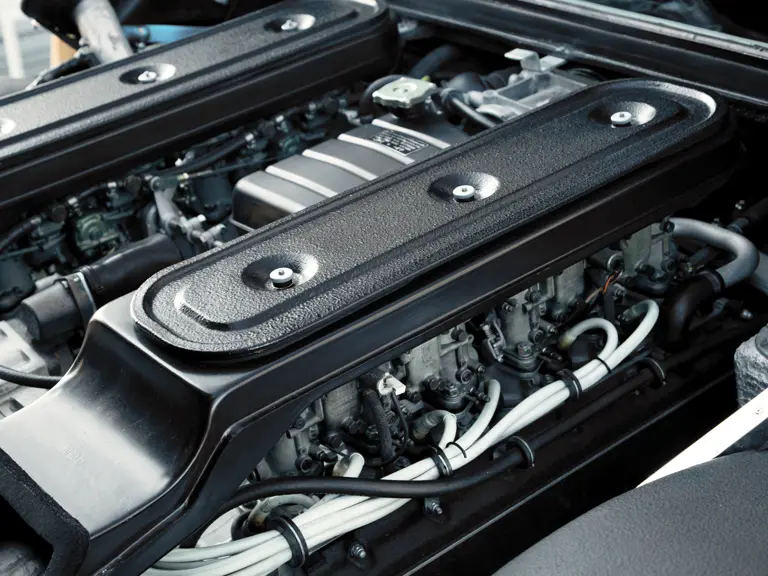
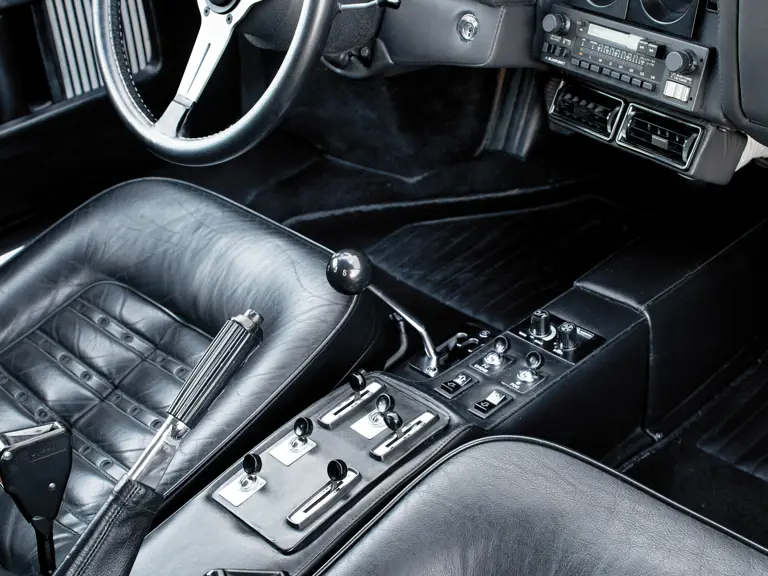
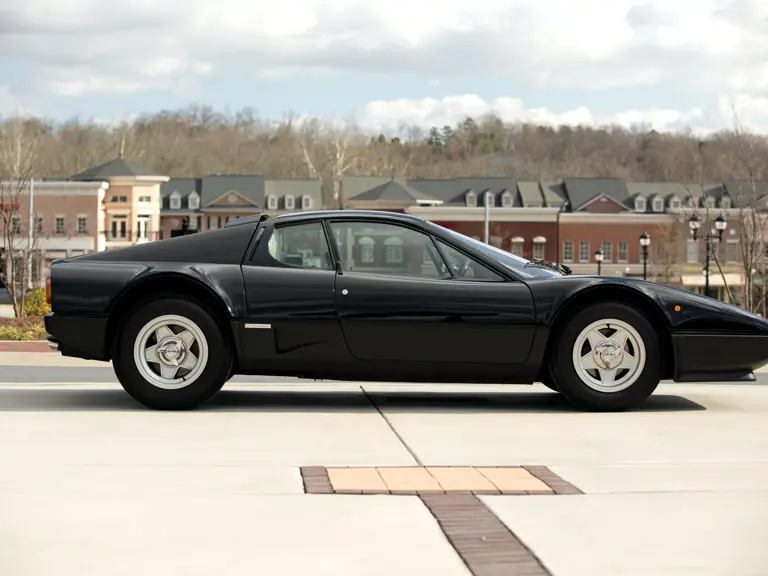
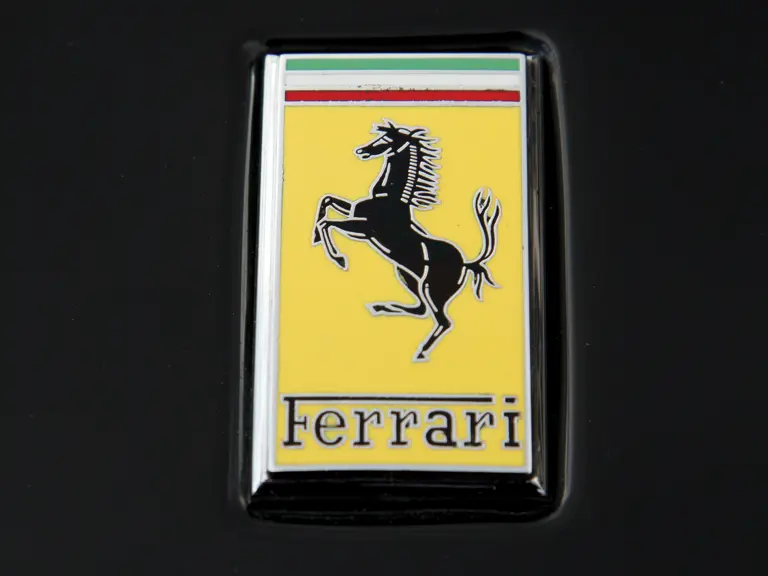
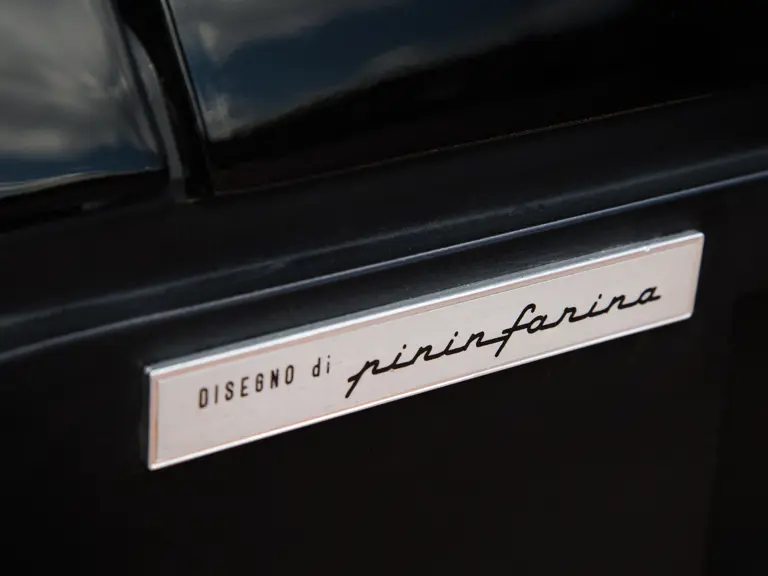
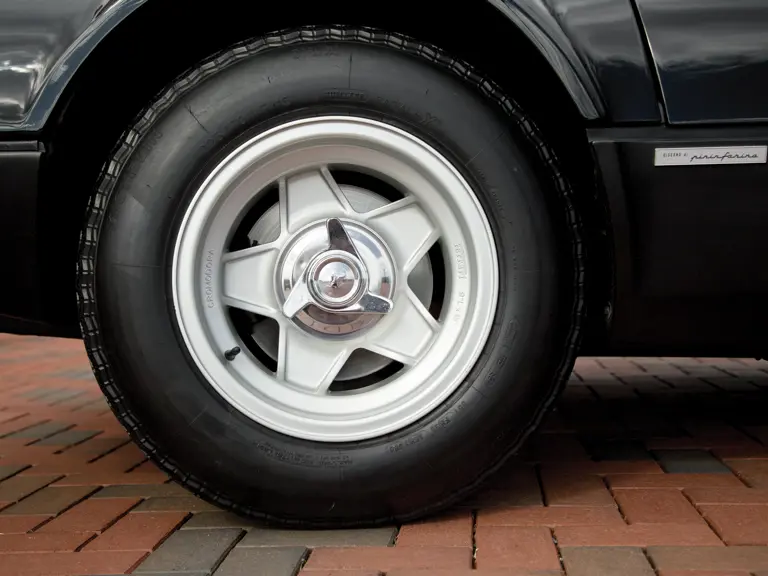
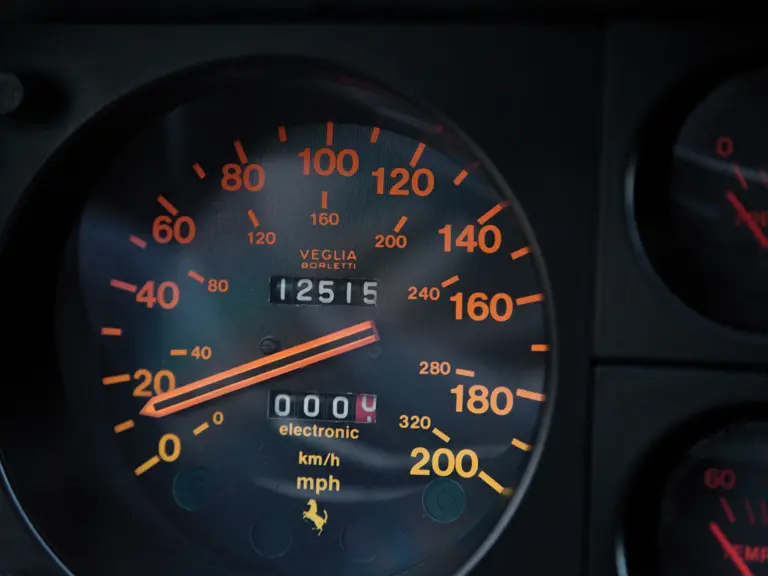
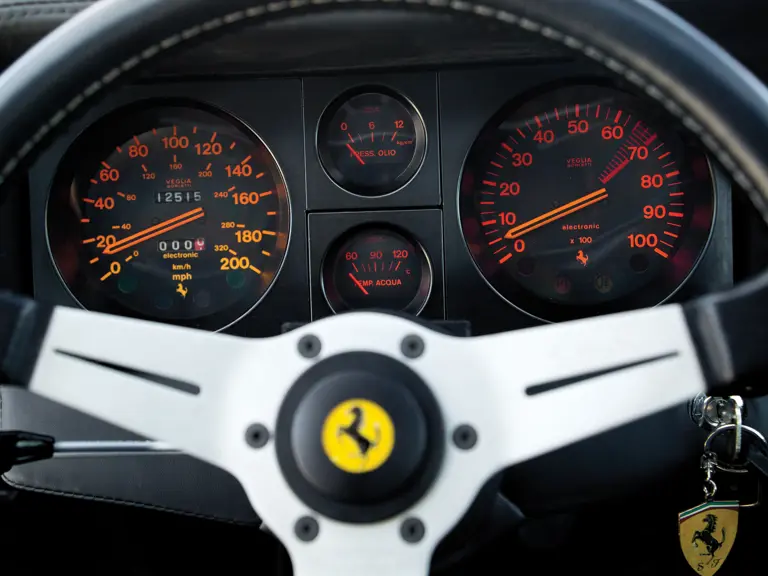
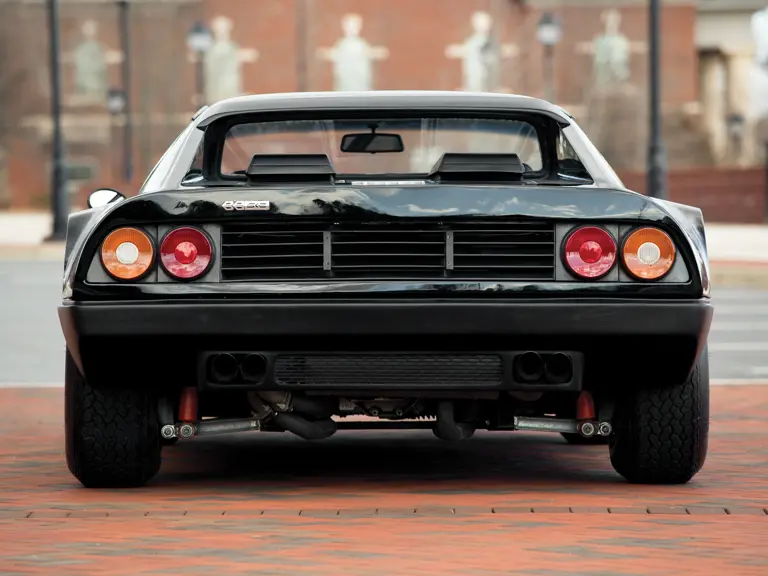
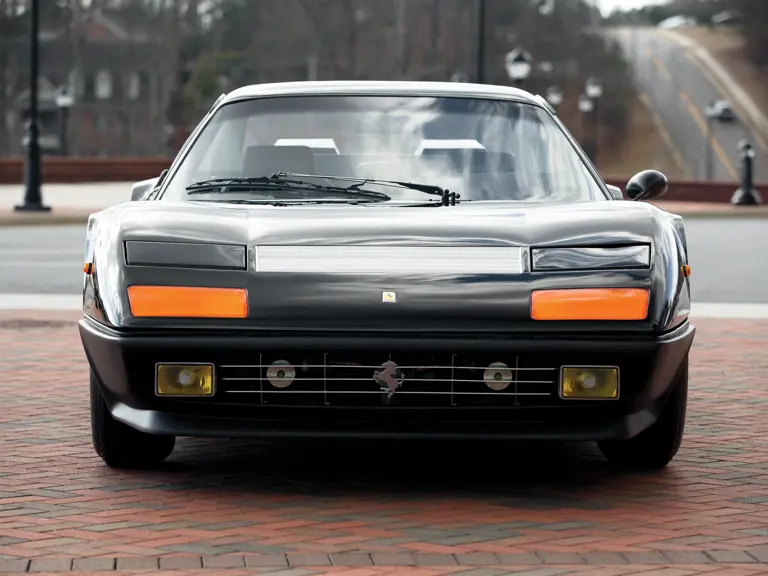
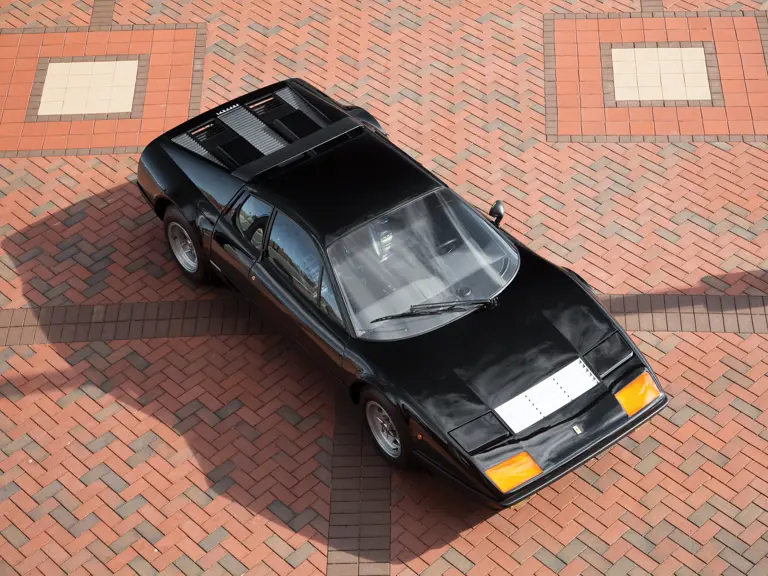
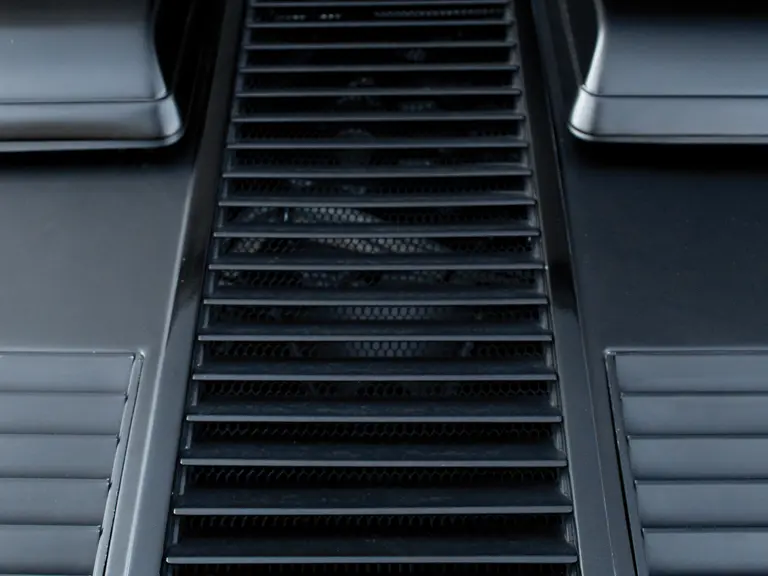
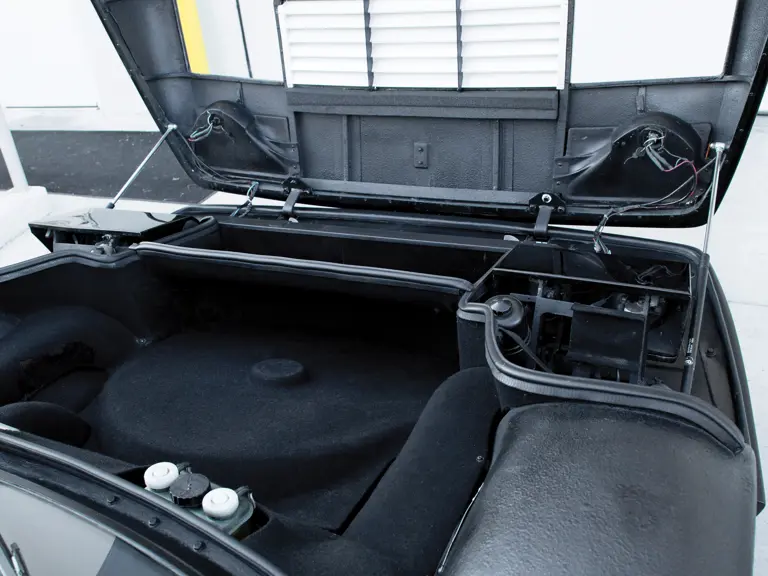
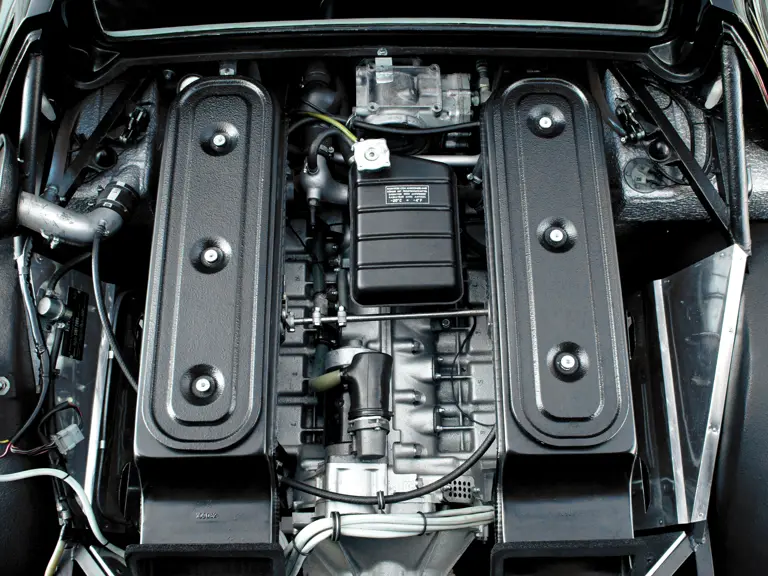
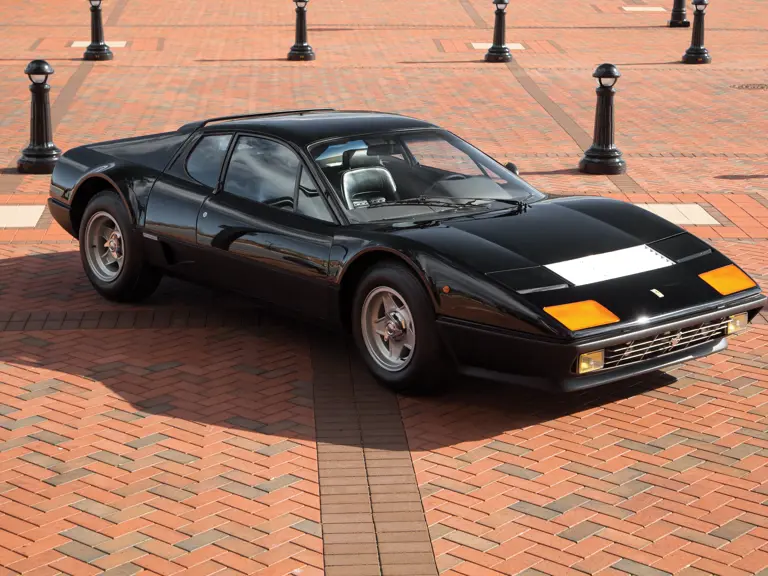
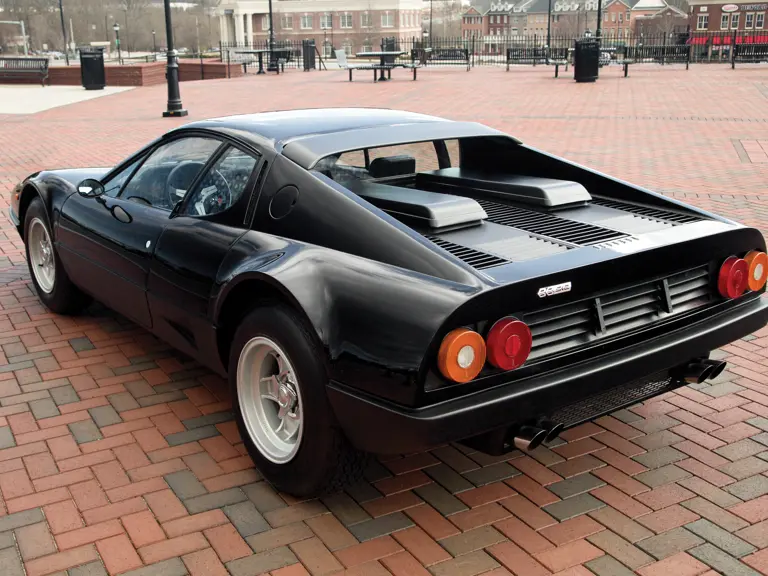
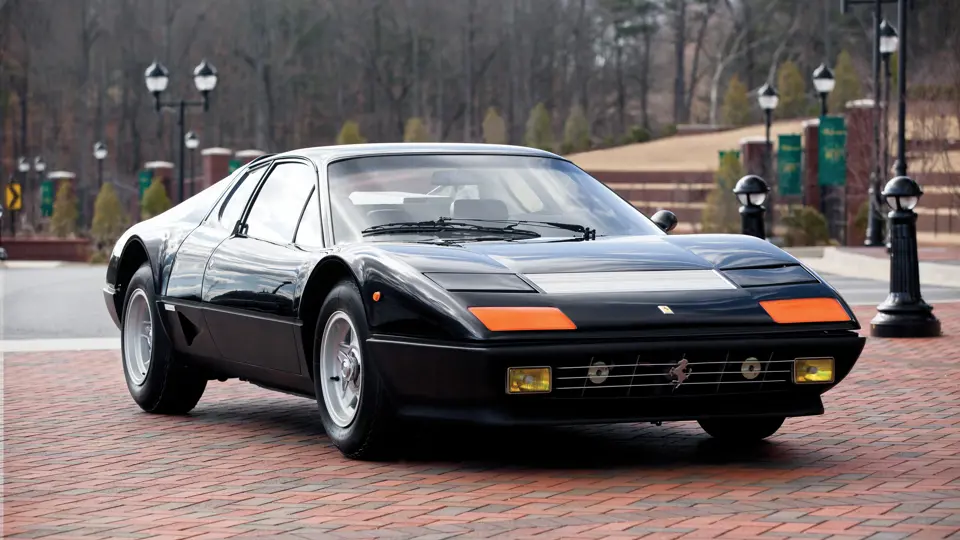
 | Amelia Island, Florida
| Amelia Island, Florida
